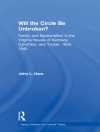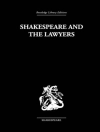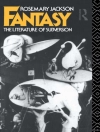Examining William Blake’s poetry in relation to the mythographic tradition of the eighteenth century and emphasizing the British discovery of Hindu literature, David Weir argues that Blake’s mythic system springs from the same rich historical context that produced the Oriental Renaissance. That context includes republican politics and dissenting theology—two interrelated developments that help elucidate many of the obscurities of Blake’s poetry and explain much of its intellectual...
Tabela de Conteúdo
List of Figures
Acknowledgments
Abbreviations
Introduction
1. Politics
2. Mythography
3. Theology
Postscript
Appendix A. Mythogr...
Sobre o autor
David Weir is Associate Professor on the Faculty of Humanities and Social Sciences at The Cooper Union for the Advancement of Science and Art. He is the author of
An...












